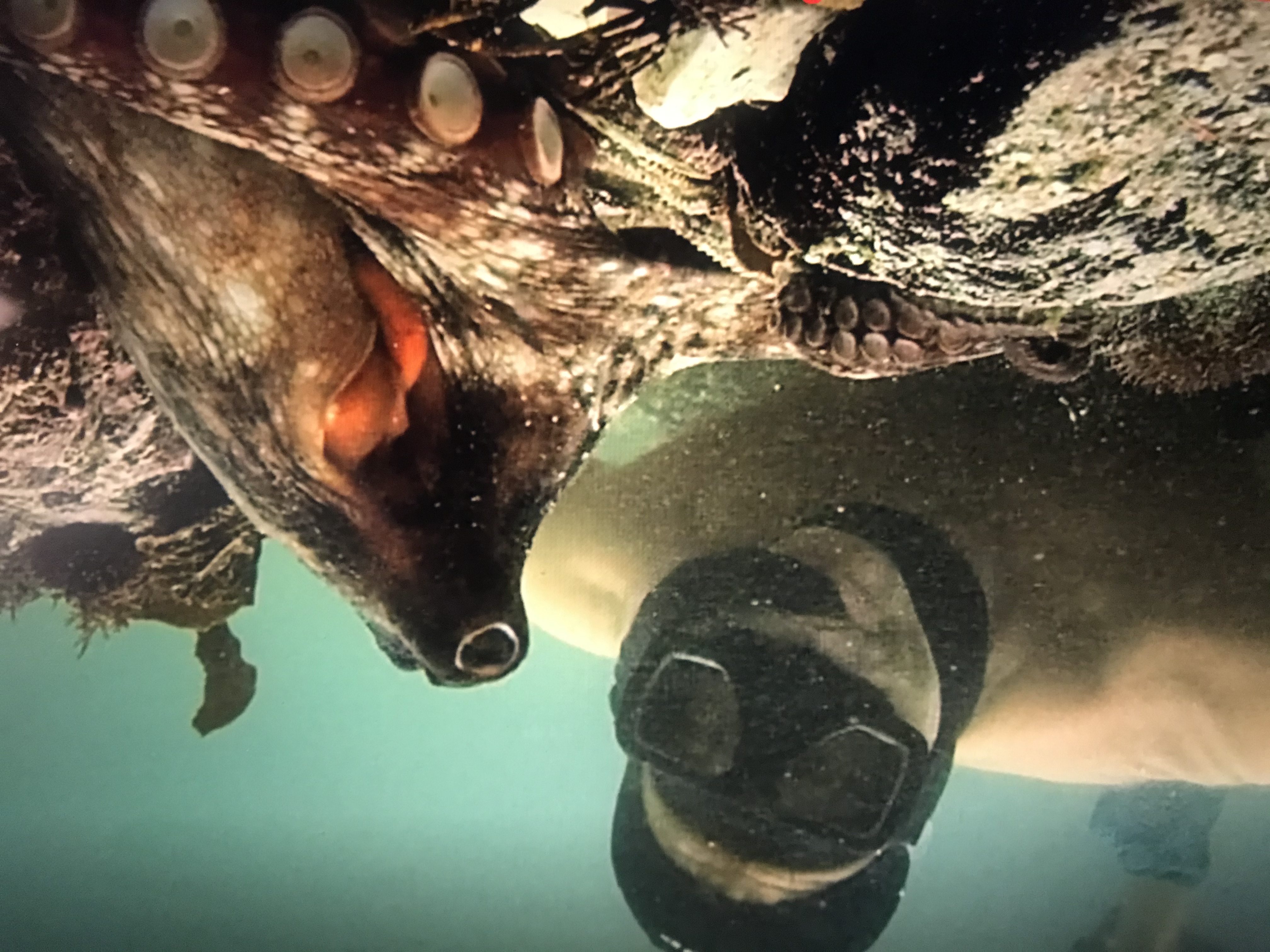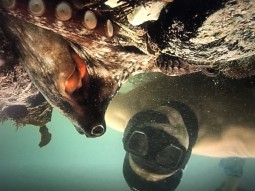
In this How on Earth episode, we learn about the latest research on psychedelic mushrooms (psilocybin) and their potential for treating depression. Jill Sjong speaks with Alex Kwan, a neuroscientist and Associate Professor in Psychiatry at Yale University’s School of Medicine, who studies dendritic plasticity in mice using advanced optical methods. Dr. Kwan explains how psilocybin changes the brain, how these changes last long after the psychedelic effects have worn off, and how these results may lead to future treatments for depression.
Host: Jill Sjong
Executive Producer: Beth Bennett
Listen to the show:
Podcast: Play in new window | Download (Duration: 26:47 — 36.8MB)
Subscribe: RSS







